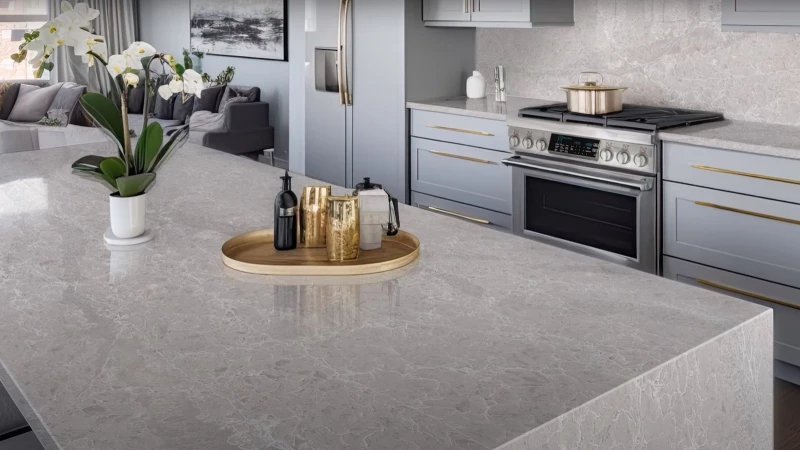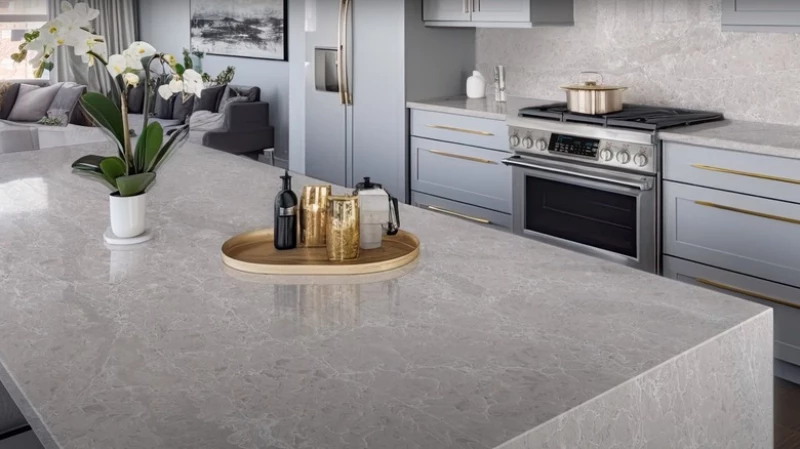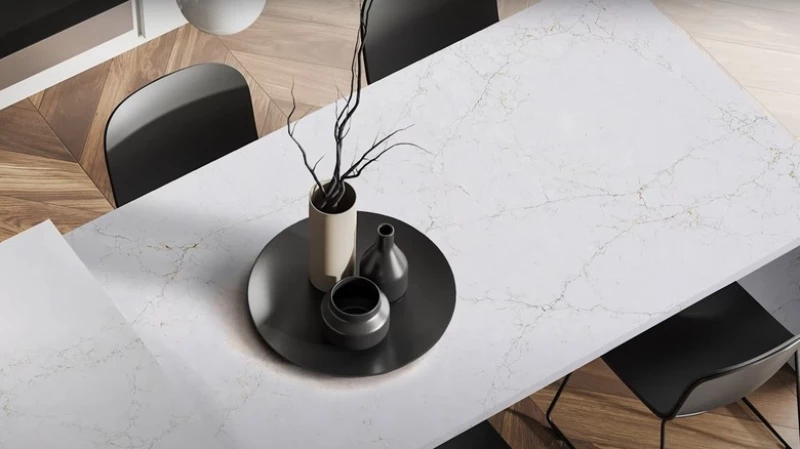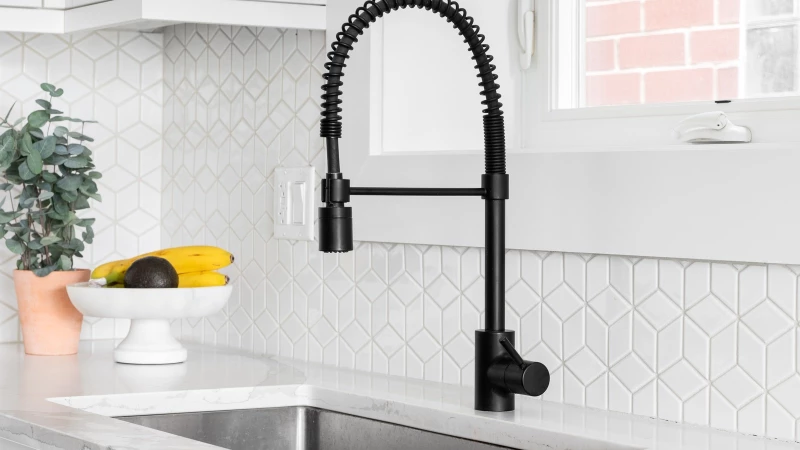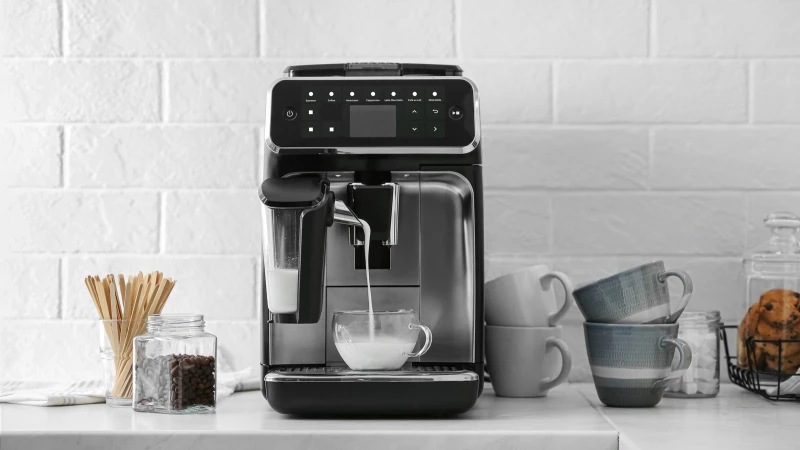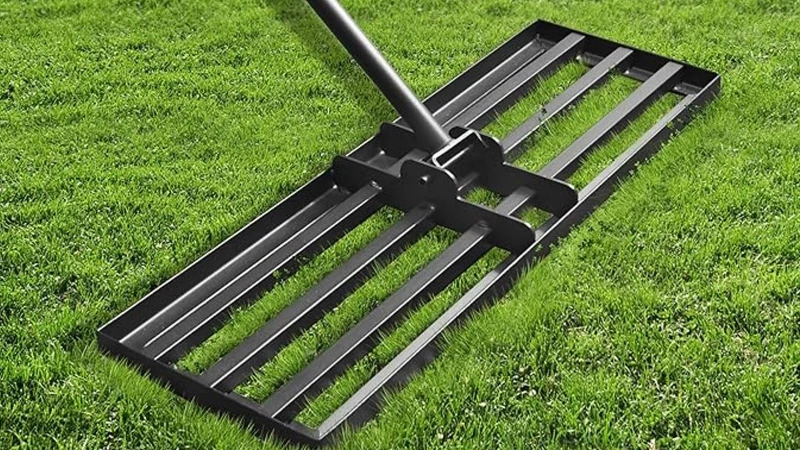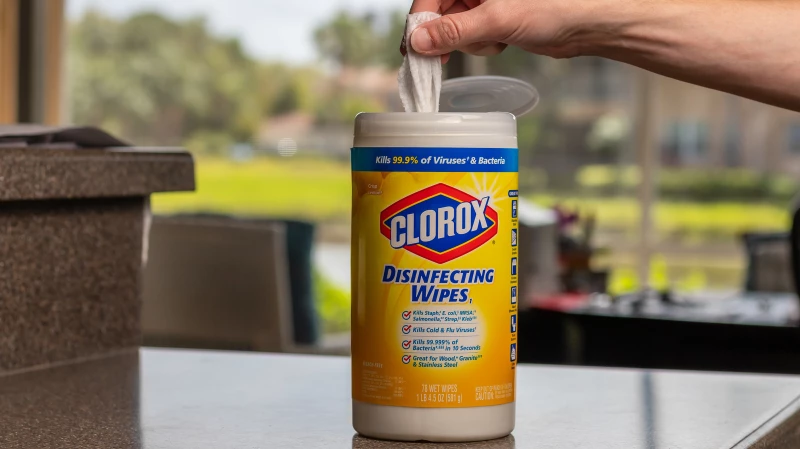During a kitchen renovation project, a significant amount of time is often devoted to researching various countertop options. It's important to be aware of the numerous types of countertops available before making a decision. One increasingly popular choice among homeowners is the scratch-resistant quartz countertop, which offers a winning combination of durability and visual appeal. HanStone, a well-known brand in this category, is made from natural quartz, making it ideal for the demands of a kitchen environment where spills and messes are common. Thanks to its non-porous surface, HanStone countertops do not require sealing and are highly resistant to mold, germs, and bacteria.
Factors influencing the price of HanStone quartz countertops
When considering HanStone quartz countertops, the cost breakdown reveals that about 70% of the total cost is attributed to the fabrication and installation process, while the actual material accounts for approximately 30% of the overall expenses. In contrast, opting for a different countertop material that does not necessitate fabrication can reduce installation costs to as low as 20% of the total project cost.
To mitigate material costs for HanStone countertops, one strategy is to choose a thinner slab option. HanStone offers both 2 cm and 3 cm slabs (approximately 13/16 and 1 3/16 inches, respectively). Opting for the thicker slab will incur an additional cost of around 30%. To create the illusion of a thicker, more premium slab, you can request the fabricator to enhance the perimeter edges, although this may not be feasible for all slabs.
When examining the selection of slabs at the HanStone dealer, you'll notice variations in vein patterns and colors, as well as differences in pricing. Typically, slabs with intricate and delicate patterns will come at a higher cost. Additionally, white slabs tend to be more expensive compared to darker colors. To cut costs, consider choosing a dark-colored countertop with a simple pattern.
Are there strategies to reduce expenses when setting up HanStone countertops?
If you are aiming to save money on your HanStone quartz countertops, your options for cost-cutting during installation are limited. While you may be able to install some materials yourself, like laminate or granite countertops, this is not feasible with HanStone quartz. To ensure you benefit from the limited lifetime warranty offered to the original owner, a trained and certified installer approved by HanStone must handle the installation. Essentially, HanStone's approval of the installer is required, meaning DIY installation is not permitted. Moreover, you must engage HanStone-approved fabricators to cut the countertop slab to size and create necessary cutouts for sinks or cooktops if you wish to uphold the lifetime warranty. Outsourcing the cutting of the slab is not allowed.
Looking to cut costs on a HanStone quartz countertop? Your biggest opportunity lies in the choice of slab. Opting for a single slab can help you avoid the added expense of resin seams when multiple slabs need to be connected. Moreover, selecting a budget-friendly material like repurposed tiles, plywood, or wallpaper for the backsplash instead of matching it to your HanStone countertop can also lead to significant savings.

